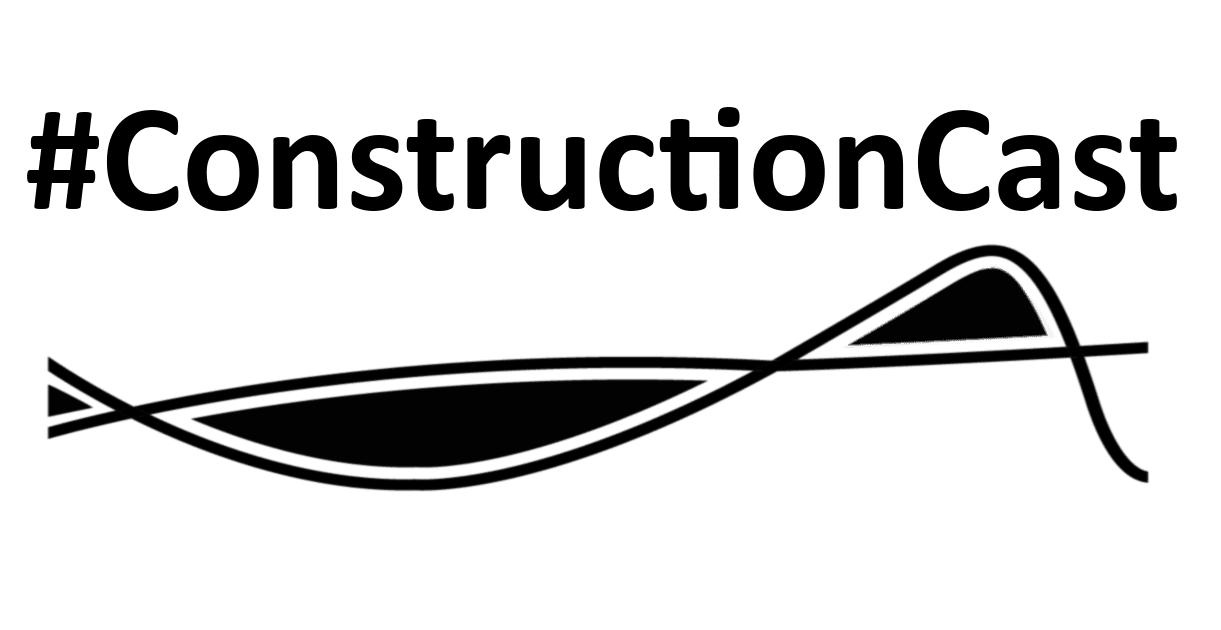This week we were privileged to be joined for an exclusive interview with Paul Darling OBE, QC, barrister at 39 Essex Chambers. His first since the recent and revolutionary ‘zoom trial’ or virtual hearing, at the Technology and Construction Court. You can watch the video or read our review below.
Annie began by asking him about his career.
Career at the Bar
Paul started practising at the bar in the 1980s. He joined what is now Keating Chambers in 1985. Donald Keating was still alive and at the height of his powers. Young ‘whippersnappers’ such as Vivian Ramsey, were also in chambers, and it was a very different world to the one in which we now operate. A brief would arrive in an evening, and next day you would find yourself in court.
In one case Paul recalls, a clerk said, ‘it’s only a strikeout, sir’ (for in those days you were addressed as ‘sir’. The amount? – £6m. When Paul observed, “these papers don’t look complete”, the response was, “oh no sir, – they’re in x’s garage!”. The TCC was just in its infancy and cases often went to trial and would settle on the doorstep of the court almost as a matter of routine.
The biggest changes of the past 37 years are perhaps the changes to the CPR (Civil Procedure Rules). There is now far greater use of skeleton arguments. However, in one of the first trials Paul was involved with, the team prepared a written manuscript submission to the judge – this was written overnight, by hand, and submitted to the judge the next morning.
Paul also notes the rise of adjudication – which has been a huge change. He also noted that we now have some great high court judges, and much more efficiency along with changes in the way things happen in the court systems at the TCC and that level of court.
The Virtual Trial
Moving to the recent virtual hearing, Paul gave us some background. Initially, the question was, ‘Could a technical trial of this sort happen online?’. The argument by the defendants was no, it could not. However, Justice Jefford was determined that it should. In the county court, the position is somewhat different, but in the TCC there was a determination to continue and progress the hearing.
In practical terms – Bill Barton of Barton legal did a great job. There was a dedicated team who set things up from a practical perspective. They trialled zoom. There was a ‘trial coordinator’ – someone who looked after all the tech aspects. As we at Limeslade advocate in our article, a third party to look after technical matters is essential for professional delivery of online events.
Paul noted that people would be nervous enough starting a big trial, having fear of tech added to that nervousness. Dealing with press announcements and other regular matters became suddenly more complex.
Cross-Examination
Annie asked whether it was ok, cross-examining people and not being face to face? Paul was involved in around 2 days of full cross-examination. Remotely, the documents had to be in a position where you could use them without fuss or without the flow of cross-examination being interrupted. Something Paul suggests we still need to really consider is how can electronic bundles work in cross-examination. This was something we alluded to in an earlier ConstructionCast.
The whole team had to be aware that the environment is different. If a witness is at home, then there may be very different circumstances. The room may not be ‘sterile’ (our term, not Paul’s) – others may be present. This did not happen in Paul’s case. However, in Paul’s case, it did become clear that a witness was referring to a document that was prepared to help him with cross-examination.
Surprisingly perhaps, Paul noted that the connection with the witness was possibly greater than in court. On-screen, you have controlled proximity. There was an issue of talking over a witness – but this was dealt with efficiently by the judge. There certainly wasn’t a disadvantage for counsel, though we are not sure how the witnesses felt, some have reported it was more challenging, but Paul felt that his client may have in fact been more at ease.
Security
Security and zoom is a question that often arises, after various high profile cases of ‘zoombombing‘. There were no problems in this trial, and a lot of the zoom features were very useful and user-friendly. You had to sign an obligation to not record if you were in attendance. There were also a lot of people involved in the virtual hearing, which meant much greater accessibility. Paul questions whether this could actually be much better for stakeholders, people wanting to learn and understand how the process works. Much greater attendance than any cases Paul has been involved with, in court. Often commercial cases only have a trainee and student in the room, so it was very positive to see greater interest.
The Future
How might things change in the future? Paul thinks there will almost certainly be a desire to move applications that will take a day or less will be held remotely by default. Now we know it works, will we see more stuff online? If a subject is highly technical it may be less possible, but as systems evolve, it may be that more things move online. Paul thinks things will fundamentally change.

